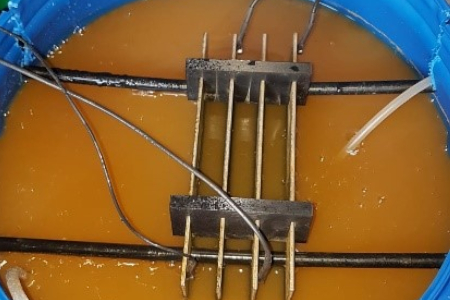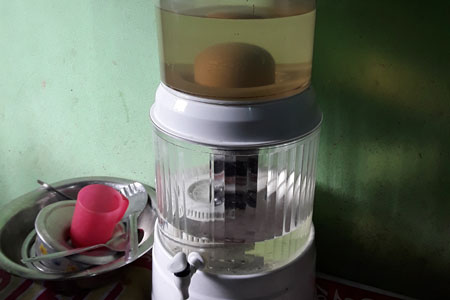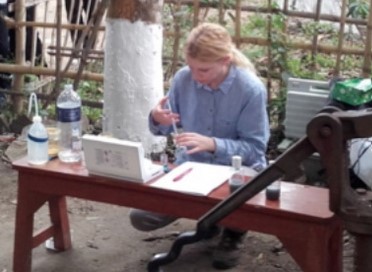Research projects
Did you know that AGAPE e.V. is a very special association?
AGAPE not only tries to help the poor, but also to find long-term and sustainable solutions to problems. For this reason, the association works together with Universities to initiate projects. In this way we want to make it possible to develop or test technical solutions that can later be produced or implemented in the country itself.
Since 2015, AGAPE e.V. has been able to encourage various Universities to cooperate in order to improve the living conditions in Bangladesh and India in the long term. Below are the links to the research work carried out by the association to date.




